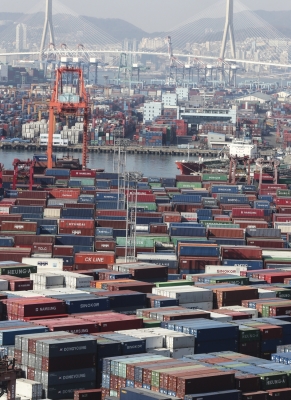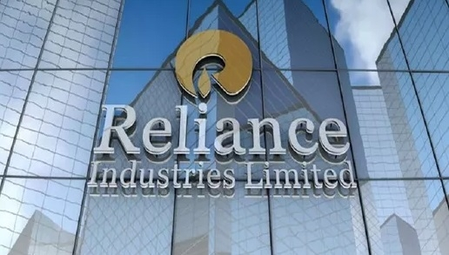
New Delhi, Nov 28 (IANS) The India Electronics and Semiconductor Association (IESA) on Friday said the government’s Rs 7,280 crore scheme for Sintered Rare Earth Permanent Magnets (REPM) will strengthen the country’s supply chain resilience, cut import dependence, and support demand expected to double by 2030.
“This is a visionary, first-of-its-kind initiative that addresses one of the most critical gaps in India’s high-technology value chain,” the industry body said in a statement.
IESA said that the initiative will act as a force multiplier for India’s broader semiconductor manufacturing ambitions by ensuring secure access to strategic materials.
“The combination of sales-linked incentives and capital subsidies will make large-scale REPM manufacturing globally competitive and attract top-tier global and Indian companies,” said Ashok Chandak, President, India Electronics & Semiconductor Association (IESA).
The scheme aims to establish India’s first integrated manufacturing ecosystem spanning oxides, metals, alloys, and finished magnets, the release noted.
Rare earth permanent magnets are fundamental building blocks for electric vehicles, renewable energy systems, aerospace, defence, consumer electronics, and the semiconductor equipment and electronics manufacturing ecosystem.
For the semiconductor and ESDM sector, REPM availability is critical for precision motors, automation systems, fab equipment, power electronics, EV traction systems, and 5G/AI hardware.
Further, it proves India’s ability to develop strategic solutions and deterrence to the arm-twisting strategies of any nation. Indian manufacturing will not face line-stoppage risks due to external supply disruptions, it noted.
The scheme can position India as an alternative hub in the rare-earth magnet supply chain when global industries are seeking diversified and reliable sources.
The scheme aims to establish 6,000 metric tons per annum of integrated REPM manufacturing capacity in India.
It consists of sales-linked incentives of Rs 6,450 crore on REPM sales for five years and a capital subsidy of Rs 750 crore for setting up the manufacturing capacity.
–IANS
aar/rvt/




